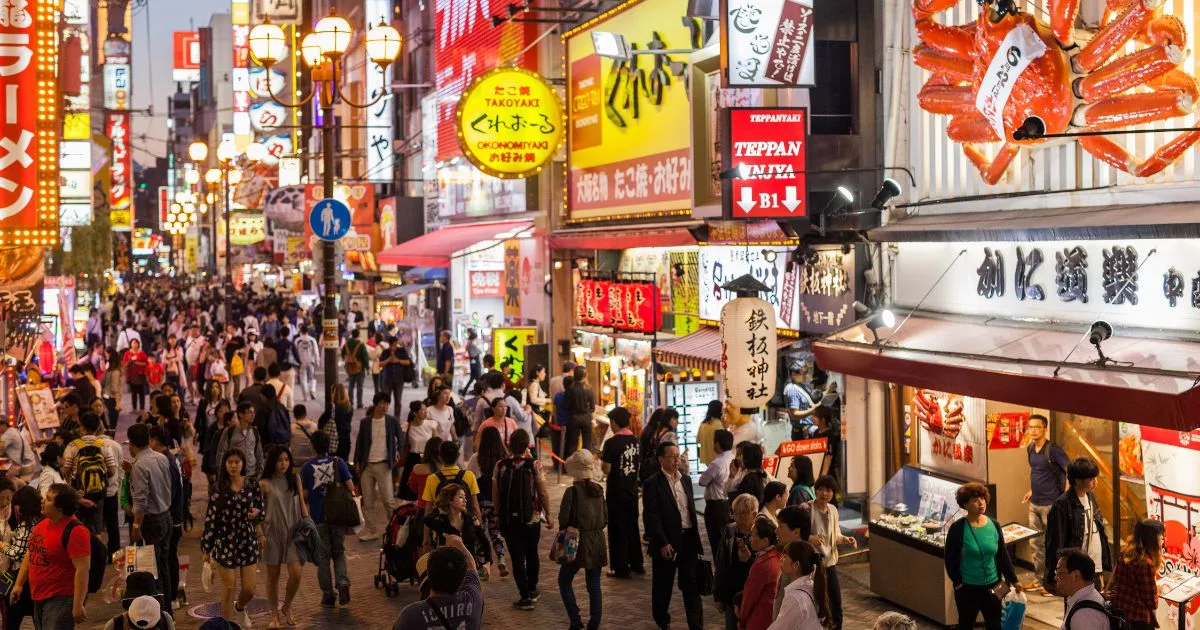Embarking on a solo journey to Japan offers an enriching blend of tradition and modernity, ideal for the adventurous traveler seeking a mix of cultural immersion and self-discovery.
Japan’s allure for solo travelers lies in its contrasting experiences, from the bustling streets of Tokyo to the tranquil temples of Kyoto. This journey is about more than sightseeing; it’s an opportunity to engage with the local culture, from tea ceremonies to Zen gardens, providing a holistic experience of Japanese life.
Commencing your adventure is made more accessible by the availability of direct flights from various international locations. These direct flights offer a convenient and efficient means of reaching Japan, minimizing transit times and making your journey to the Land of the Rising Sun as smooth as possible.
Whether you’re taking off from North America, Europe, or other parts of Asia, the direct routes to Japan’s major airports ensure that your adventure begins with ease and comfort.
Effective planning, particularly budgeting, is crucial for a fulfilling solo trip in Japan. This guide aims to provide insights into cost-effective travel strategies without compromising the richness of the Japanese experience.
Covering accommodation, transportation, dining, and cultural experiences, it’s designed to help you navigate through the Land of the Rising Sun with ease and confidence.
As you prepare for this adventure, remember that solo travel in Japan is as much about personal growth as it is about exploration. It’s an invitation to connect with a culture that gracefully combines the hustle of modern life with natural tranquility. Ready your curiosity for a journey that promises to be as enlightening as it is unforgettable.
Comprehensive Cost Breakdown for Solo Travelers in Japan
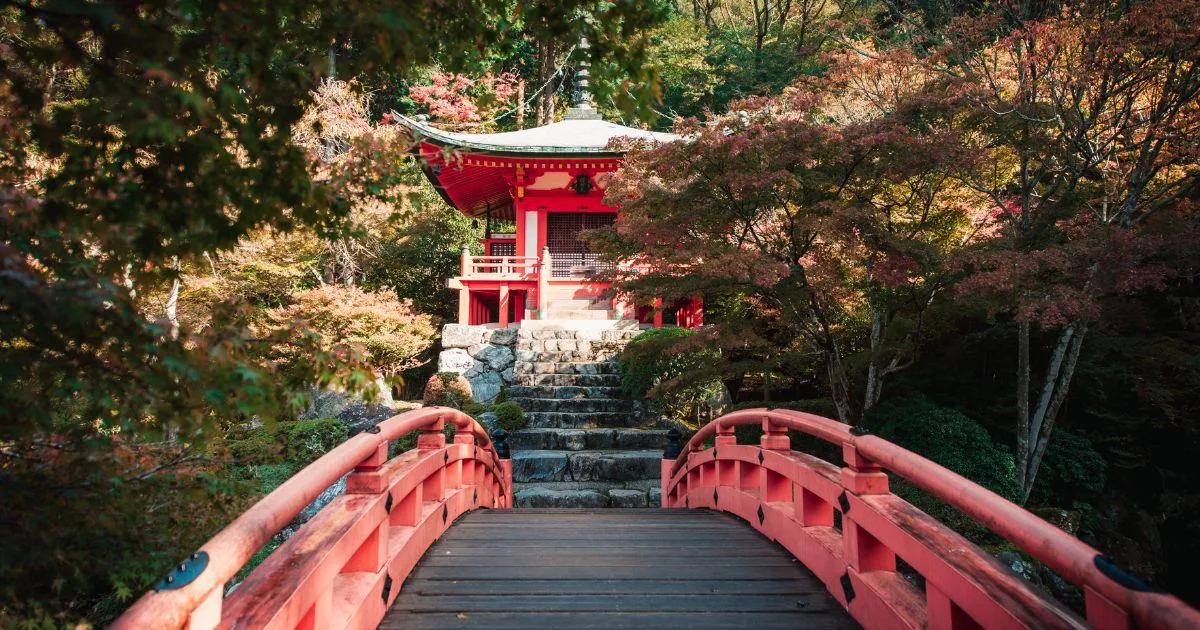 Japan, a destination that captivates with its blend of ancient allure and contemporary charm, can be a haven for solo travelers.
Japan, a destination that captivates with its blend of ancient allure and contemporary charm, can be a haven for solo travelers.
Understanding the financial aspects of traversing this unique country is key to a fulfilling and stress-free adventure. As a solo traveler, you have the freedom to tailor your journey to your personal preferences and budget, making each choice from transportation accommodations an integral part of your experience.
Understanding Japan Trip Cost: A Comprehensive Overview
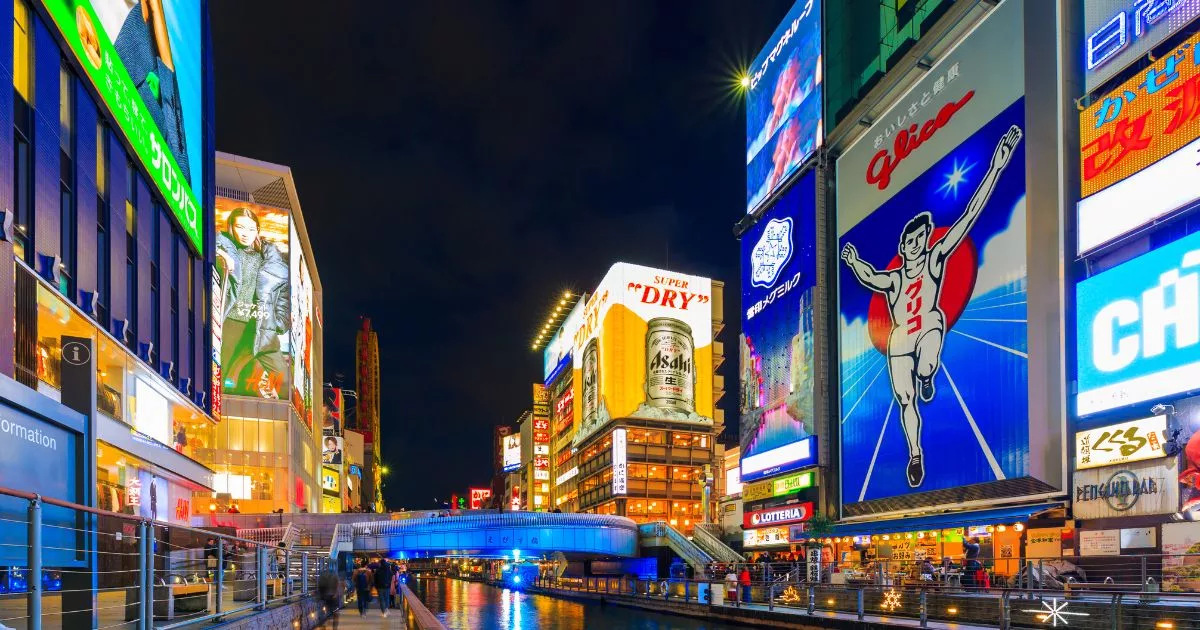 Embarking on a solo journey to Japan involves various cost considerations.
Embarking on a solo journey to Japan involves various cost considerations.
From the bustling metropolises to the serene countryside, the expenses can vary significantly. A well-planned budget should account for daily expenditures such as food, lodging, travel, and entertainment.
Average daily costs can range from modest to luxurious, depending on your choices. Street food and public transport can keep expenses low, while fine dining and private tours will add to your budget.
It’s about striking the right balance between cost and comfort, ensuring your journey is both enriching and economical.
Accommodation Options: From Capsule Hotels to Luxury Stays
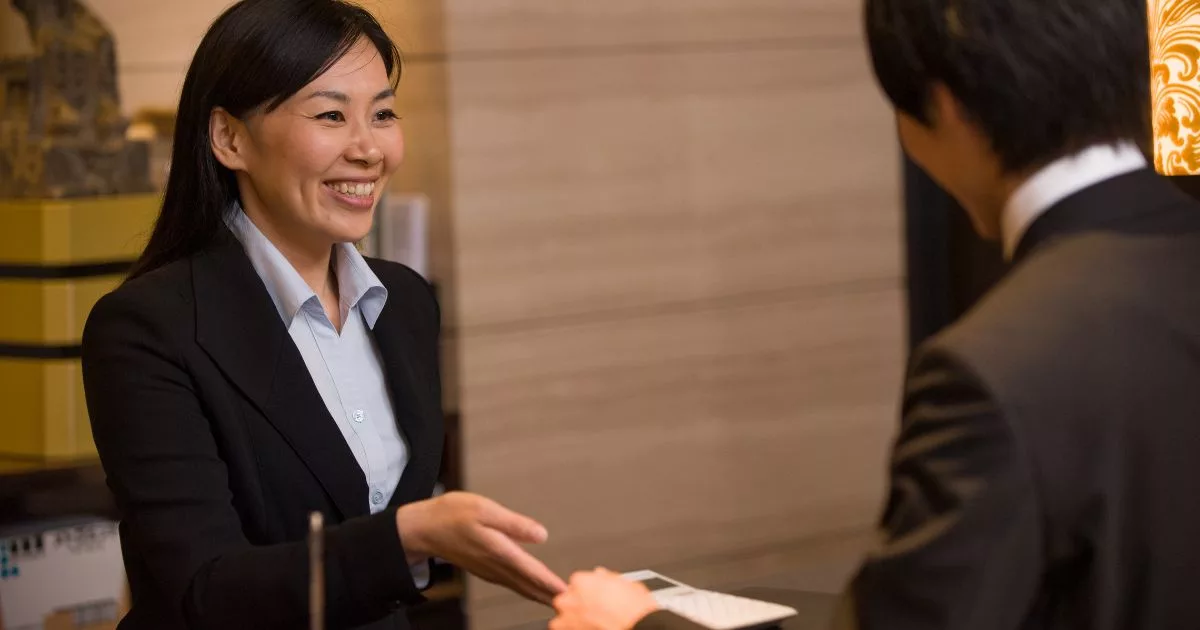 Accommodation in Japan offers a spectrum of options suitable for every solo traveler.
Accommodation in Japan offers a spectrum of options suitable for every solo traveler.
Capsule hotels, synonymous with Japan’s innovative use of space, provide a cost-effective and unique sleeping experience, perfect for the budget-conscious.
For those seeking more traditional lodgings, ryokans offer a taste of Japanese culture with tatami mats and onsen baths. In urban areas, business hotels present a practical option, offering clean and efficient amenities.
If luxury and indulgence are what you seek, Japan’s high-end hotels and boutique guesthouses provide unparalleled service and exquisite settings, ensuring your stay is as memorable as your travels.
Transportation Insights: Exploring Japan’s Efficient Travel Network
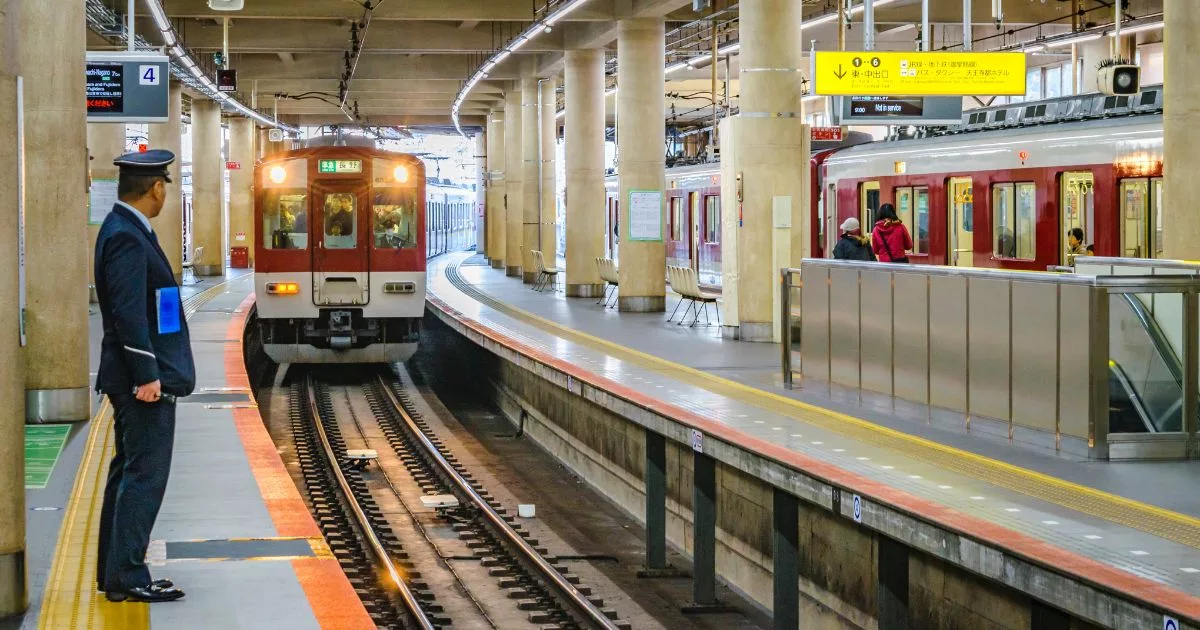 Navigating Japan’s transportation network is a journey in itself.
Navigating Japan’s transportation network is a journey in itself.
The country’s public transport system is renowned for its efficiency and coverage. The extensive train network, including the iconic Shinkansen or bullet trains, offers a reliable and swift means to traverse long distances, albeit at a higher price point. Local buses and subways provide an economical alternative for urban travel and exploring off-the-beaten-path locations.
For those who prefer the freedom of self-navigation, rental cars are available, though it’s wise to consider the additional costs of fuel and tolls. Understanding these transportation options and their costs can significantly enhance your solo travel experience in Japan, allowing you to explore far and wide with ease and efficiency.
Delving into Transportation Costs for Solo Travel in Japan
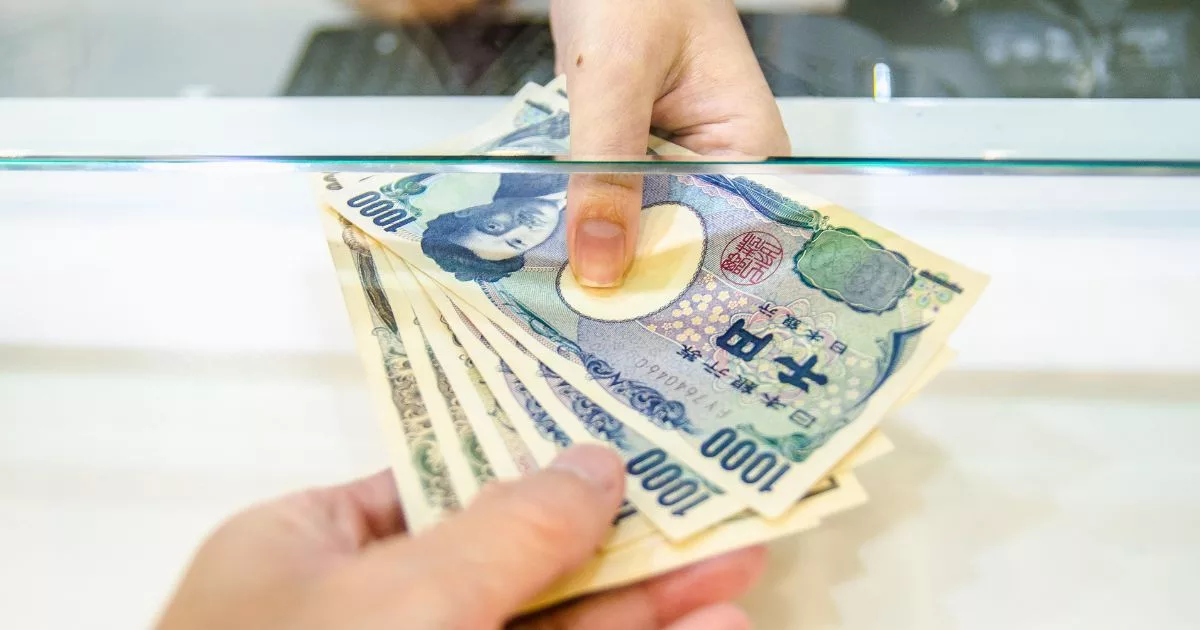 For the solo traveler in Japan, navigating the transportation landscape is a pivotal aspect of the journey.
For the solo traveler in Japan, navigating the transportation landscape is a pivotal aspect of the journey.
Japan’s transportation system is celebrated for its punctuality, efficiency, and coverage, offering an array of options to suit various travel styles and budgets. From the futuristic Shinkansen bullet trains to the comprehensive network of local buses and subways, the choices are abundant.
Understanding these options and their associated transportation costs is essential to save money from your budget while traveling smoothly. Whether you’re hopping between major cities or exploring hidden gems, the way you choose to travel can significantly shape your Japanese adventure.
Navigating Public Transportation: A Cost-Effective Way to Travel
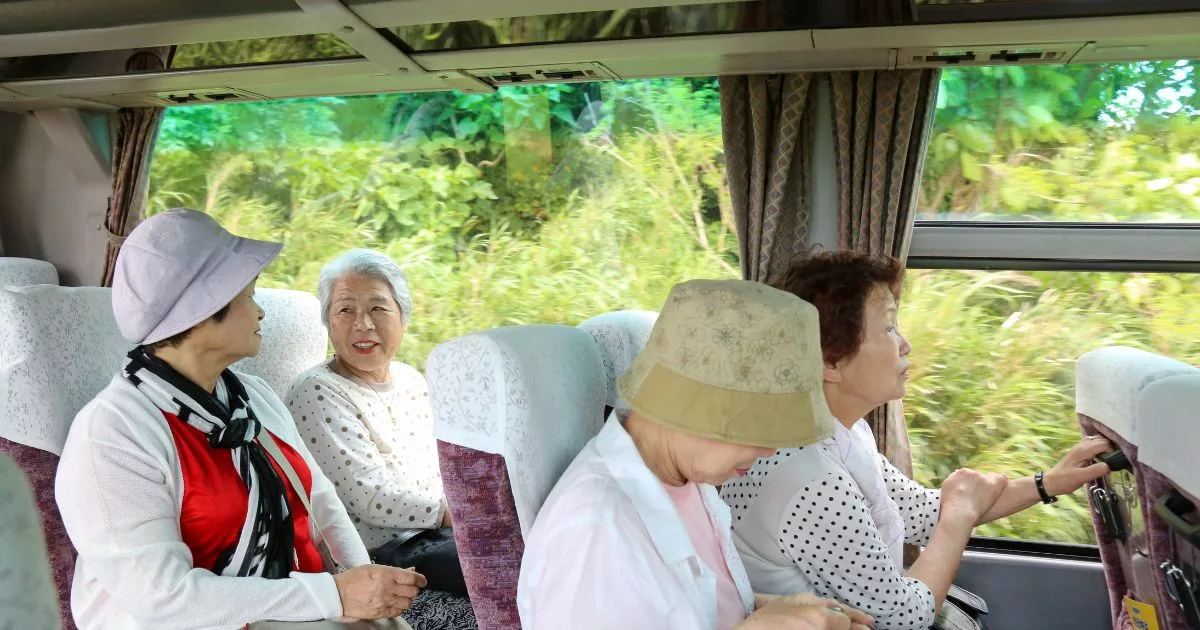 Public transportation in Japan stands as a paragon of efficiency and convenience, particularly in urban areas and major cities.
Public transportation in Japan stands as a paragon of efficiency and convenience, particularly in urban areas and major cities.
For the budget-conscious solo traveler, it presents an economical way to explore. The dense network of train stations for commuter trains, subways, and buses covers large areas, ensuring access to even the most remote destinations. Purchasing a regional rail pass can offer unlimited travel within certain areas, often proving to be a cost-effective choice for those planning extensive travel by train.
Embracing public transportation not only saves money but also offers an authentic glimpse into the daily life of the Japanese people.
Bullet Trains and Rental Cars: Balancing Cost and Convenience
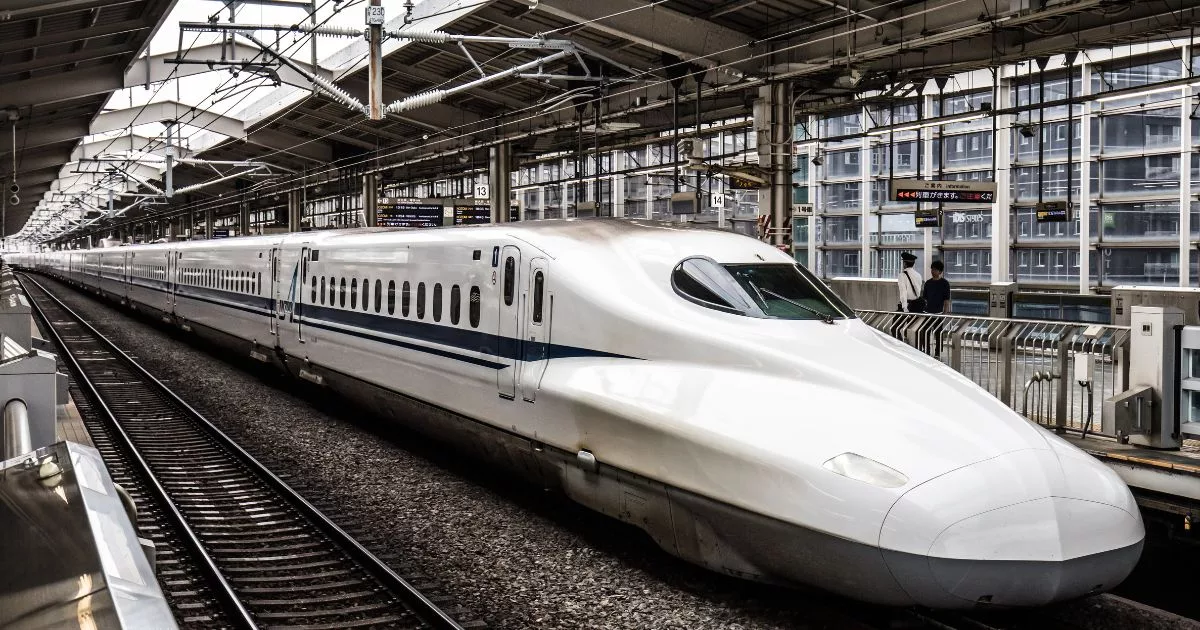 The Shinkansen, Japan’s iconic bullet train, is a marvel of modern engineering and a must-experience for any traveler.
The Shinkansen, Japan’s iconic bullet train, is a marvel of modern engineering and a must-experience for any traveler.
While it commands a higher price than other forms of transport, the speed, comfort, and punctuality it offers can justify the cost, especially when covering long distances.
For more flexibility and the chance to venture off the beaten path, renting a car can be an appealing option. It allows access to rural areas and smaller towns where public transport may be less frequent.
However, it’s crucial to consider additional expenses like fuel, tolls, and parking, which can add up quickly. Balancing these costs with the convenience they offer is key to a well-planned solo travel experience in Japan.
Japan Trip: Cost Considerations for Solo Travelers
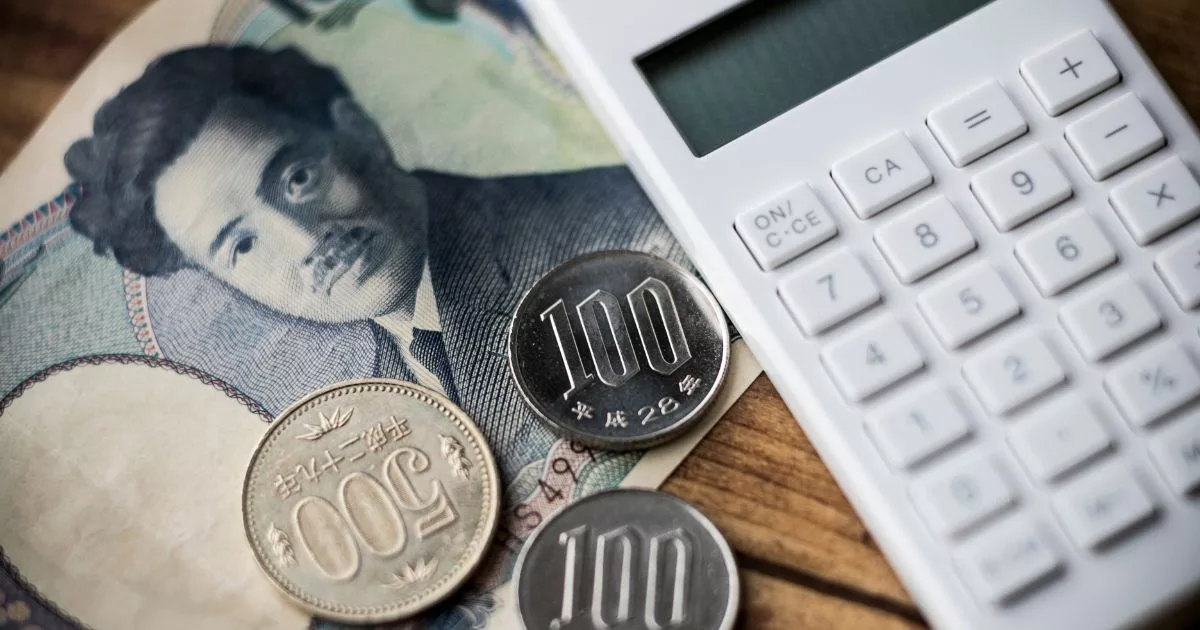 Embarking on a solo journey to Japan entails a kaleidoscope of experiences, each woven with its unique cost implications.
Embarking on a solo journey to Japan entails a kaleidoscope of experiences, each woven with its unique cost implications.
From the neon-lit streets of Tokyo to the serene temples of Kyoto, the financial aspect of traveling solo in Japan is as diverse as the country itself. It’s not just about tallying expenses, but understanding how each choice – from accommodation to activities – impacts your overall budget.
Whether you’re planning a frugal backpacker’s trip or a luxurious getaway, a well-informed budget plan is your key to a stress-free and enriching Japanese adventure.
How Much Does a Trip to Japan Cost?
 Costs vary wildly for a trip to Japan, influenced by factors such as travel style, destination choices, duration of stay, and individual preferences.
Costs vary wildly for a trip to Japan, influenced by factors such as travel style, destination choices, duration of stay, and individual preferences.
On average, a solo traveler might spend between $100 to $350 per day, accounting for basics like food, lodging, and transportation.
This estimate can fluctuate greatly depending on the type of accommodation – be it budget hostels or upscale hotels – and dining choices, from affordable street food to exquisite sushi restaurants.
Seasonal variations, like the cherry blossom season or peak tourist times, can also play a significant role in determining overall expenses.
Solo Travel Japan Budget: Planning Your Finances
 Effective budget planning is crucial for a fulfilling solo travel experience in Japan.
Effective budget planning is crucial for a fulfilling solo travel experience in Japan.
Start by setting a realistic budget, factoring in all potential costs such as flight tickets, accommodation, local transportation, entrance fees to attractions, and daily meals. It’s beneficial to allocate a contingency fund for unforeseen expenses.
Remember, Japan offers a range of experiences for every budget. Exploring local customs, indulging in street food, or visiting many free attractions can enrich your trip without straining your wallet. Smart budgeting means balancing splurges and savings, ensuring you get the most out of your Japan trip cost while adhering to your financial plan.
Managing Expenses: Actual Costs and Budgeting Tips
 Navigating the financial landscape of Japan requires an understanding of the actual costs and effective budgeting strategies.
Navigating the financial landscape of Japan requires an understanding of the actual costs and effective budgeting strategies.
The cost of traveling in Japan can vary wildly, influenced by choices like accommodation types, dining preferences, and transportation methods. A rough estimate for budget travelers might start from as low as $70 per day, while those seeking more comfort could spend upwards of $200 daily. Japan’s costs are often higher in cities like Tokyo and Kyoto, especially for hotel rooms and dining in upscale restaurants.
To manage expenses effectively, consider various budget travel options such as mid-range hotels or dormitory-style accommodations, which can offer significant savings.
Utilize transportation passes for cost-effective travel and explore local eateries and convenience stores for affordable dining. Keep in mind that prices vary based on location and season, so planning your travel during off-peak seasons can lead to further savings.
Lastly, always have a travel budget in place, accounting for all these factors, to ensure your trip is both memorable and financially manageable.
Culinary and Cultural Insights for Solo Travelers in Japan
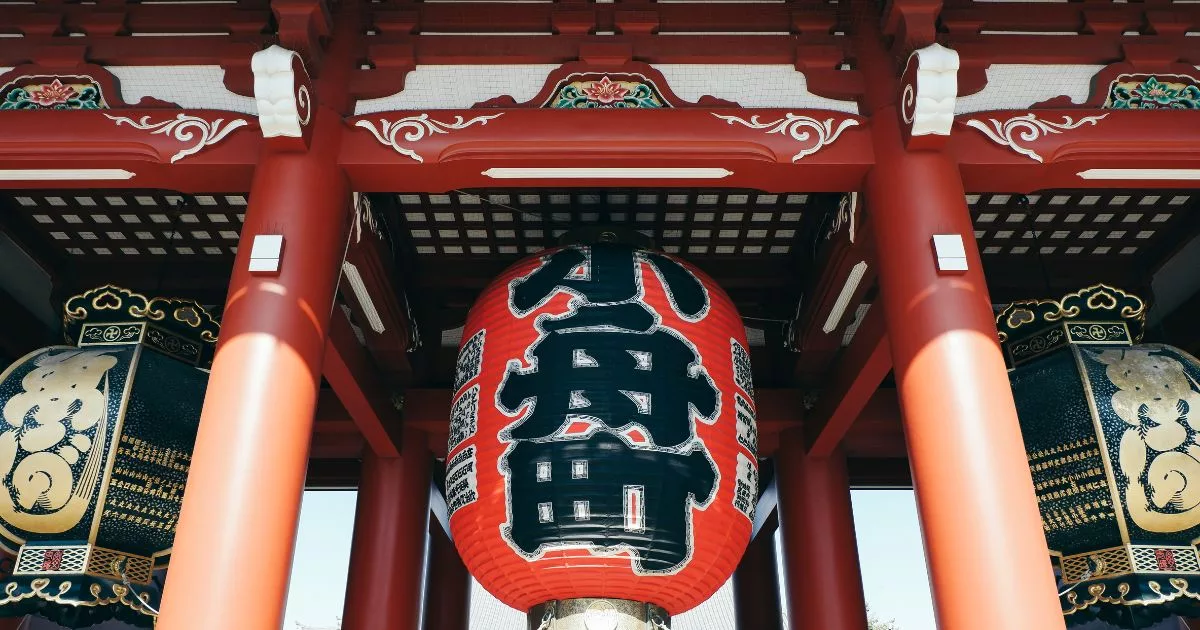 Japan, a land where culinary artistry meets centuries-old traditions, offers solo travelers a canvas to paint their unique journey.
Japan, a land where culinary artistry meets centuries-old traditions, offers solo travelers a canvas to paint their unique journey.
Here, each bite and each step taken is an immersion into a culture that celebrates both the subtlety and the vibrancy of life. For solo adventurers, the quest for culinary delights and cultural exploration is not just about satisfying the palate or checking off attractions.
It’s about engaging with the heart of Japan, understanding its ethos, and experiencing the rhythms of its daily life. From savoring local street food to exploring historical landmarks, Japan unfolds its treasures to those willing to delve beyond the surface.
Culinary Adventures: Dining Options for Every Budget
 Japanese cuisine, a harmonious blend of taste, art, and tradition, caters to every budget.
Japanese cuisine, a harmonious blend of taste, art, and tradition, caters to every budget.
For the solo traveler, dining options range from vending machine rice balls and conveyor belt sushi restaurants to high-end dining experiences in luxury hotels. Street food, a window to Japan’s culinary soul, offers delights like takoyaki and yakitori at reasonable prices, perfect for a tight budget. For those willing to splurge, Japan’s sushi restaurants and traditional ryokans serve up exquisite dishes that are a feast for both the eyes and the palate.
Regardless of your budget, each meal is an opportunity to connect with Japanese culture and savor the flavors that define this vibrant land.
Attractions and Activities: The Essence of Japan’s Rich Culture
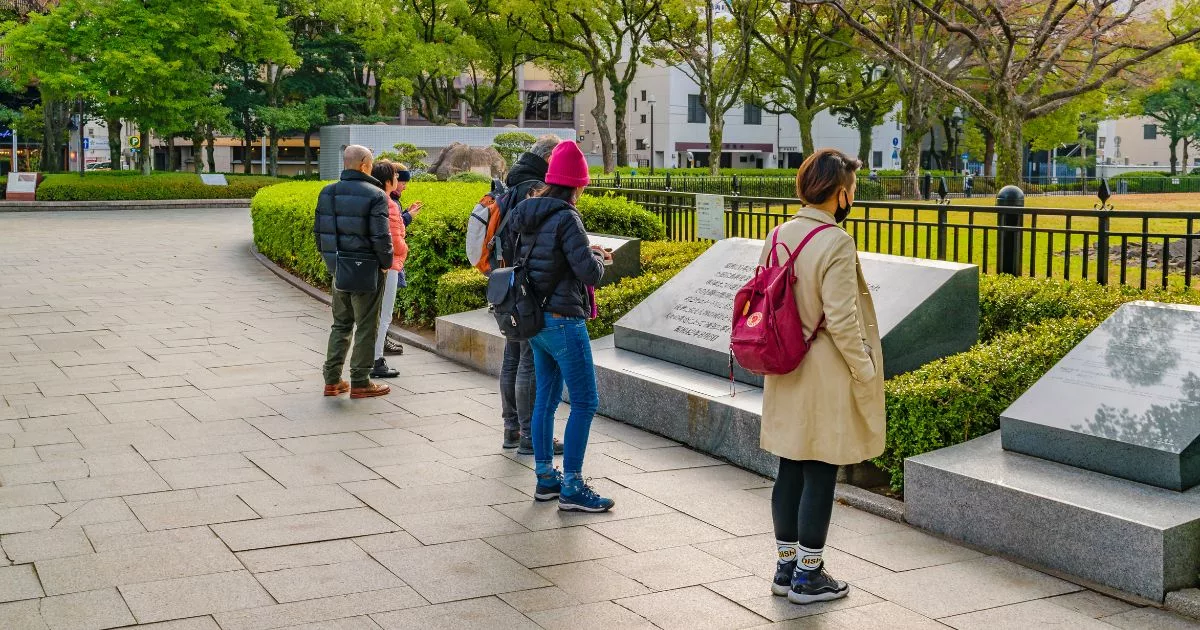 Japan’s cultural tapestry is as diverse as its landscape, offering a plethora of experiences for solo travelers.
Japan’s cultural tapestry is as diverse as its landscape, offering a plethora of experiences for solo travelers.
Major cities like Tokyo and Kyoto are brimming with attractions, from the historic Tokyo National Museum to the serene temples and shrines that dot Kyoto’s skyline. For a more intimate experience, visiting local customs and participating in traditional tea ceremonies offer a deeper understanding of Japanese culture.
Seasonal activities, such as viewing cherry blossoms in spring or attending a summer festival, provide unique opportunities to engage with the local community. In rural areas, the serene beauty of Japan’s countryside can be experienced through hikes, hot spring baths, and stays in family-run guesthouses.
Each experience, whether it’s indulging in local culture or exploring free attractions, enriches the solo travel journey, making it a truly unforgettable adventure.
Local Insights: Exploring Coffee Shops and Convenience Stores
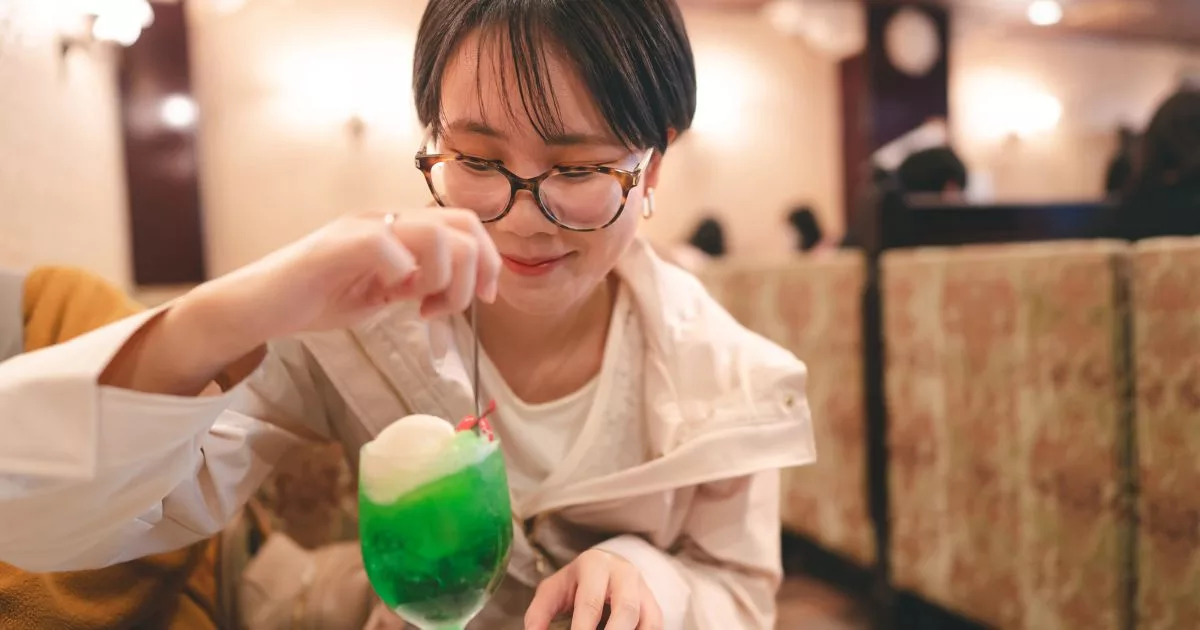 In the bustling streets and quiet corners of Japan, coffee shops and convenience stores emerge as cultural experiences in their own right.
In the bustling streets and quiet corners of Japan, coffee shops and convenience stores emerge as cultural experiences in their own right.
These establishments, often overlooked in traditional travel guides, offer solo travelers unique glimpses into the daily life of the Japanese. Coffee shops, ranging from traditional kissaten to modern cafés, serve not only as places to savor a rich brew but also as havens of tranquility amidst the urban rush. Each shop has its own character, reflecting the local culture and community.
Convenience stores, or “konbini,” are an integral part of Japanese life, providing an array of services and goods that go beyond the typical convenience store experience. From on-the-go meals like onigiri (rice balls) and bento boxes to unique seasonal items, konbini offers an affordable and convenient dining option for the budget-conscious traveler.
These stores are not just about practicality; they are a window into the Japanese approach to efficiency and hospitality. Exploring these coffee shops and konbini allows solo travelers to immerse themselves in the rhythm of local life, offering a taste of Japan’s modern culinary landscape and its penchant for convenience and quality.
Essential Tips for Solo Travelers in Japan
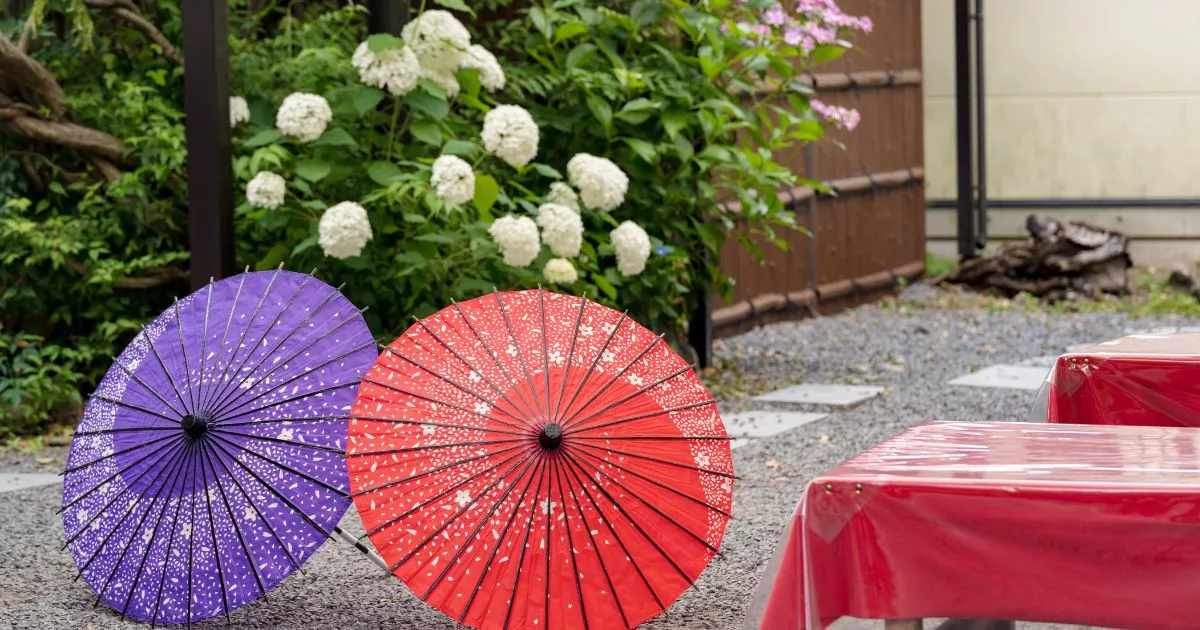 Traveling solo in Japan is an enriching and transformative experience, yet it comes with its unique set of challenges and opportunities.
Traveling solo in Japan is an enriching and transformative experience, yet it comes with its unique set of challenges and opportunities.
To navigate this journey with ease and make the most of your adventure, understanding some essential tips can be immensely helpful. These tips range from practical money-saving strategies to cultural insights, ensuring that your trip is both economical and culturally rewarding.
Embracing these insights will not only enhance your travel experience but also help you connect more deeply with the fascinating Japanese culture.
Saving Strategies: Smart Ways to Save Money While Traveling in Japan
 Japan, often perceived as an expensive travel destination, can actually be quite affordable with the right saving strategies.
Japan, often perceived as an expensive travel destination, can actually be quite affordable with the right saving strategies.
For the budget-conscious solo traveler, understanding how to cut costs without sacrificing experiences is key.Opting for budget accommodations like capsule hotels or dormitory-style lodgings can significantly reduce expenses. Public transportation, notably efficient and reliable, offers an economical way to navigate major cities and rural areas.
Investing in a regional rail pass can be a cost-effective solution for extensive travel. Additionally, indulging in street food or dining at mid-range restaurants can provide a taste of authentic Japanese cuisine without the hefty price tag. Moreover, many major cities in Japan offer free attractions and activities, allowing for budget-friendly exploration.
By planning smartly and embracing a flexible travel style, you can enjoy the wonders of Japan while keeping your travel expenses in check.
Navigating Cultural Nuances: Understanding Local Customs and Practices
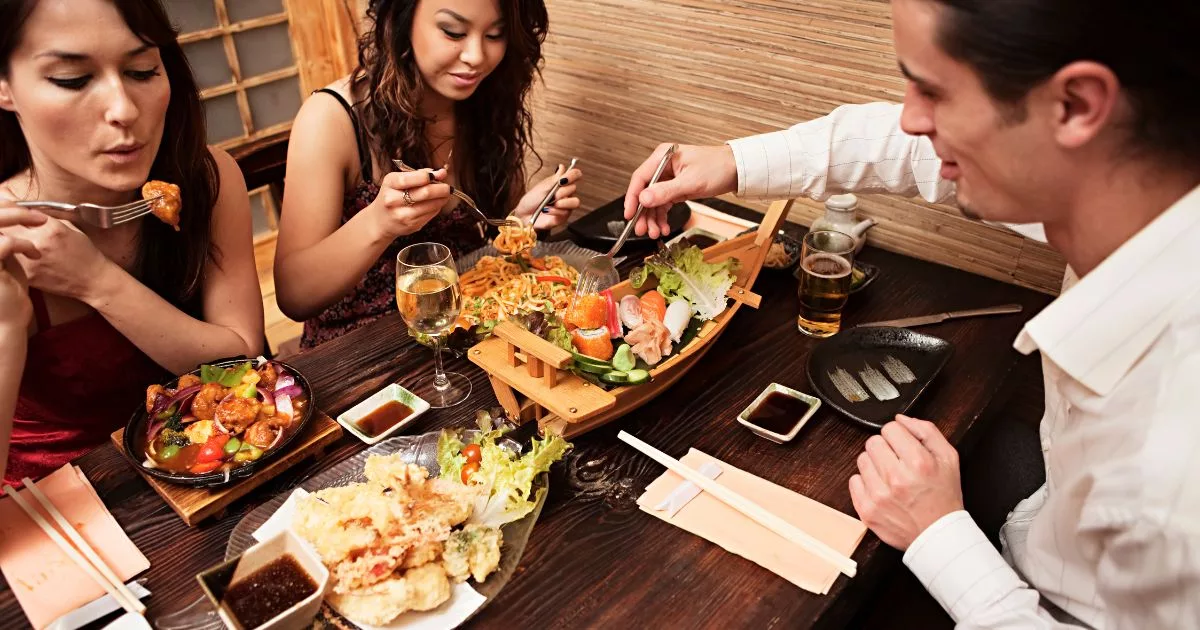 Japan is a country steeped in tradition and etiquette, and understanding its cultural nuances is crucial for any solo traveler.
Japan is a country steeped in tradition and etiquette, and understanding its cultural nuances is crucial for any solo traveler.
Respecting local customs, such as removing shoes before entering homes or certain public places, is essential. Being mindful of local etiquette, especially in public transportation and when visiting sacred sites, enhances mutual respect and understanding. Solo travelers should also be aware of the local culture’s emphasis on politeness and punctuality.
Engaging with locals, while being conscious of language barriers, can offer a more authentic and enriching experience. Japan’s culture, from its traditional ryokans to its serene tea ceremonies, offers a window into a society that harmonizes modernity with tradition.
Embracing these cultural nuances not only enriches your travel experience but also fosters a deeper connection with the land and its people.
Exploring Japan’s Varied Regions: A Solo Traveler’s Guide
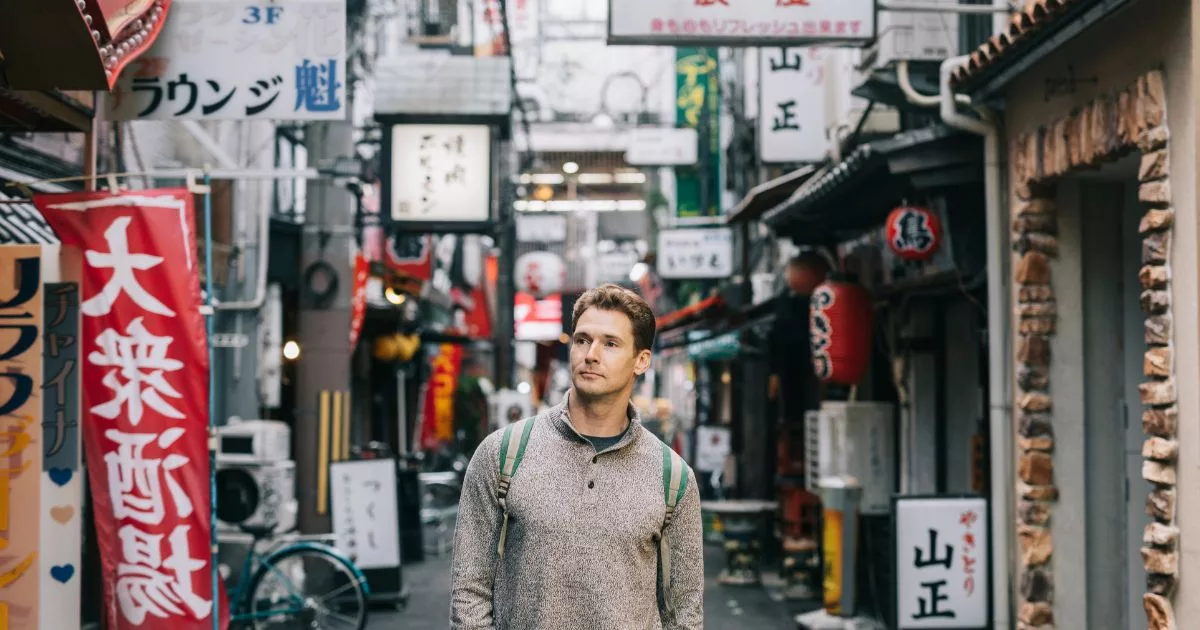 Venturing through Japan as a solo traveler reveals a tapestry of diverse experiences, each region offering its unique charm and allure.
Venturing through Japan as a solo traveler reveals a tapestry of diverse experiences, each region offering its unique charm and allure.
From the neon-lit streets of Tokyo to the tranquil landscapes of rural Japan, the country is a palette of contrasting scenes and atmospheres. Exploring these varied regions allows solo travelers to immerse themselves in a journey that is as culturally rich as it is geographically diverse.
Each destination, whether a bustling major city or a quiet countryside retreat, presents an opportunity to delve deeper into Japan’s multifaceted identity.
Tokyo and Major Cities: Urban Exploration and Cost Insights
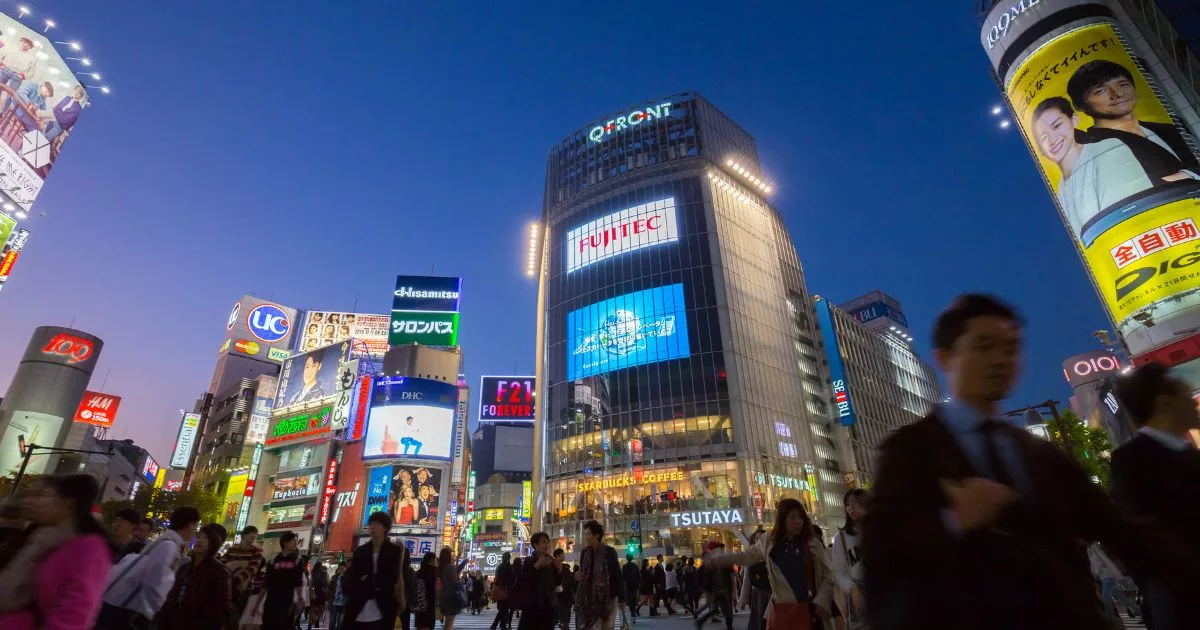 The urban landscapes of Tokyo and other major cities are a solo traveler’s playground, offering a blend of modernity and tradition.
The urban landscapes of Tokyo and other major cities are a solo traveler’s playground, offering a blend of modernity and tradition.
These cities, while renowned for their high energy and cutting-edge technology, also house serene temples and historical sites. Navigating these cities, you’ll encounter a range of accommodation options, from luxury hotels to budget-friendly capsule hotels. The cost of staying in these urban centers can vary greatly depending on your travel style and preferences. Using local transportation like trains and buses is not only cost-effective but also an excellent way to experience city life like a local.
Major cities also offer a plethora of dining options, from street food vendors serving delicious rice balls to high-end sushi restaurants, catering to every palate and budget.
Rural Japan: Discovering the Charm of Countryside Travels
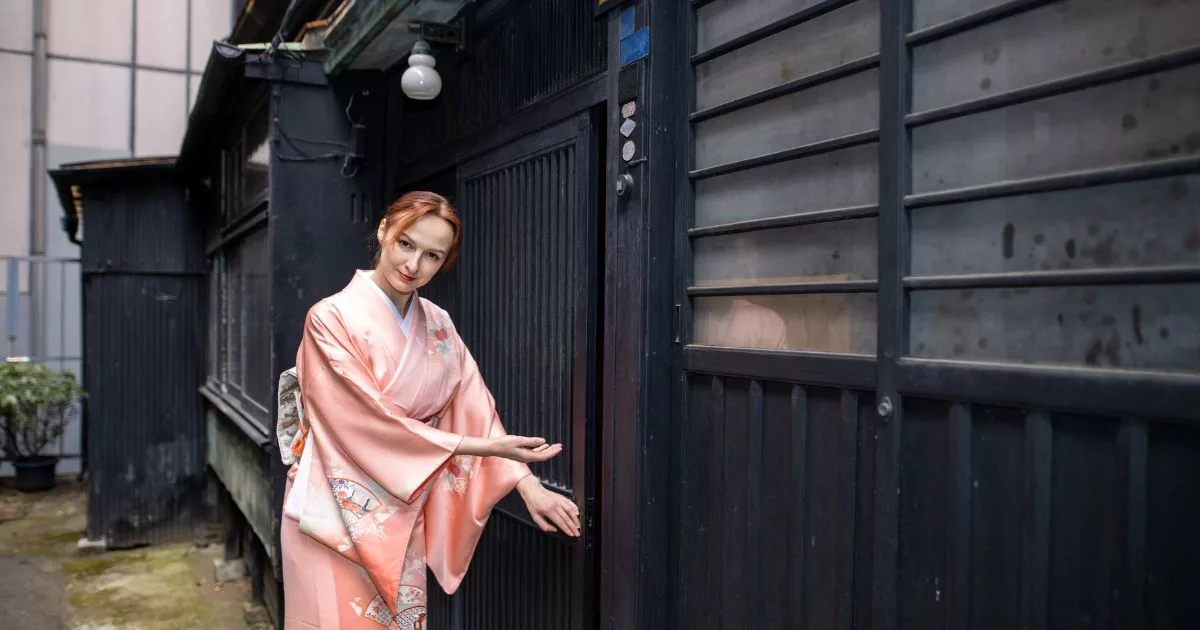 Beyond the urban excitement, rural Japan offers a serene escape into landscapes filled with natural beauty and cultural depth.
Beyond the urban excitement, rural Japan offers a serene escape into landscapes filled with natural beauty and cultural depth.
Here, traditional ryokans provide a unique lodging experience, often accompanied by hot spring baths and local cuisine. Exploring the countryside by local trains or rental cars allows for a more personalized journey, revealing hidden gems and lesser-known locales.
The cost of traveling in rural areas can be surprisingly reasonable, with many free attractions and reasonably priced local restaurants. These regions present an opportunity to witness Japan’s varying landscapes and experience the authentic essence of Japanese culture, away from the bustling city life.
Visit Japan: Embracing the Solo Travel Experience
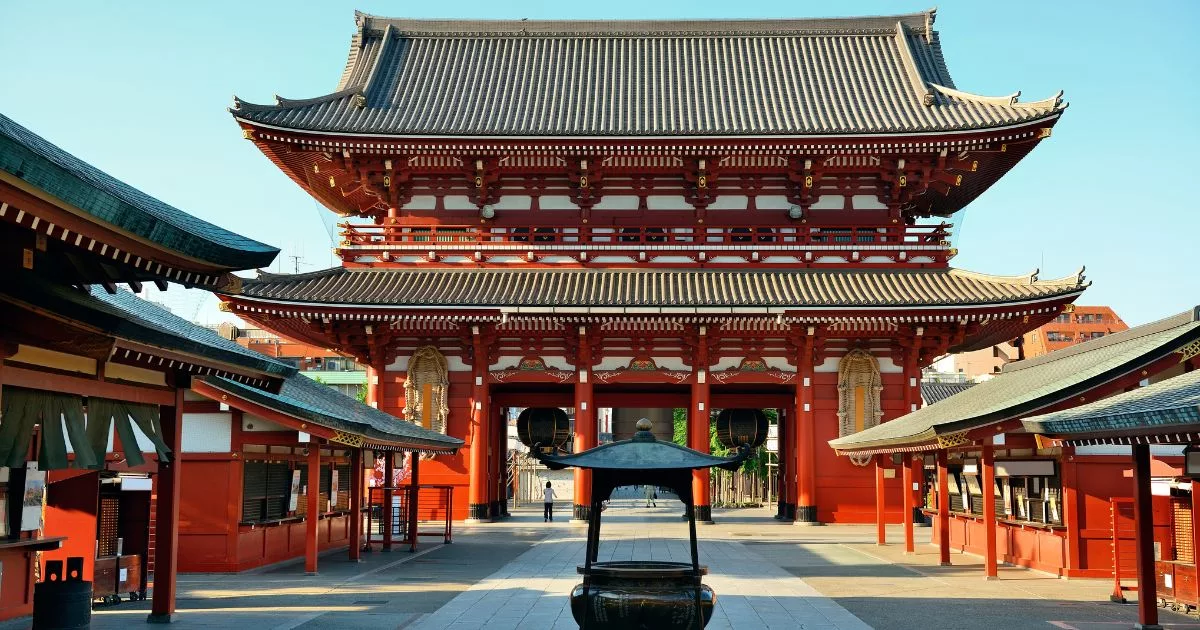 Embarking on a solo journey through Japan is an exploration into a rich mosaic of culture, tradition, and modernity. Japan offers a safe, welcoming environment for solo travelers, highlighted by its efficient public transportation network. Whether you’re whisked away by bullet trains or navigating city streets, the ease of travel here is unparalleled.
Embarking on a solo journey through Japan is an exploration into a rich mosaic of culture, tradition, and modernity. Japan offers a safe, welcoming environment for solo travelers, highlighted by its efficient public transportation network. Whether you’re whisked away by bullet trains or navigating city streets, the ease of travel here is unparalleled.
In Japan, every region offers unique experiences, from the energetic pulse of Tokyo to the serene countryside. Your adventure can be as diverse as staying in quaint capsule hotels or luxurious ryokans, and dining on street food or in elegant restaurants. Embracing local customs and smart planning can ensure a fulfilling trip within your budget.
Your solo journey will be a series of discoveries – from bustling cityscapes to tranquil temples and lush natural settings. Engaging with local culture, whether it’s through a traditional tea ceremony or an onsen bath, enriches your experience. Solo travel in Japan is more than sightseeing; it’s a personal journey of self-discovery.
As you return, you’ll bring back not just memories but a newfound appreciation of a deeply nuanced culture. These experiences will not only inspire your future travels but also encourage others to explore the wonders of Japan. With each visit, Japan continues to unveil its endless mysteries and delights.
FAQ – Frequently Asked Questions About Solo Travel in Japan, Budget, Average Price, Transportation Costs, and More!
Is Japan good for solo traveling?
Yes, Japan is considered one of the best destinations for solo travelers due to its safe and clean environment, efficient public transportation, and the polite and helpful nature of its people. Its rich culture, diverse attractions, and solo-friendly amenities like capsule hotels and conveyor belt sushi restaurants make it ideal for those traveling alone.
Is it fun to go to Tokyo alone?
Absolutely! Tokyo offers a vast array of experiences that can be thoroughly enjoyed alone. From exploring bustling districts like Shibuya and Shinjuku, to visiting historical landmarks and enjoying the city’s vibrant food scene, Tokyo provides a unique and exciting experience for solo travelers.
Should I stay longer in Tokyo or Kyoto?
This depends on your interests. Tokyo offers a fast-paced, modern experience with endless entertainment and shopping options. Kyoto, on the other hand, is the heart of traditional Japan with its temples, shrines, and historic sites. If you’re more interested in contemporary culture and nightlife, extend your stay in Tokyo. For a more cultural and historical experience, stay longer in Kyoto.
How much would a 1-week trip to Japan costs?
Visiting Japan for a 1-week trip, budget travelers might spend around $700-$1000, while those opting for more comfort might spend around $1400-$2000. Luxury travelers could spend more, depending on their choices of accommodation and activities.
Can I visit Japan on a budget?
Yes, it’s possible to explore Japan on a budget. While Japan has a reputation for being expensive, there are many ways to save money, such as using regional rail passes, staying in budget accommodations like capsule hotels or hostels, eating at local restaurants or convenience stores, and visiting free attractions.
How much does the average Japan trip cost?
A trip to Japan costs vary greatly depending on the style of travel., accommodation choices, dining habits, and transportation. On average, a moderate budget might range from $100 to $200 per day including accommodation, meals, and transportation.
How much does a 7-day trip in Japan cost?
A 7-day trip can cost anywhere from $700 to $1400 on a moderate budget, potentially more for luxury travel or significantly less for budget travelers. This estimate includes basic expenses such as accommodations, meals, and local transportation.
Is $1000 dollars enough to visit Japan?
A $1000 budget can be enough for a budget-conscious solo traveler for a week, especially if you focus on free attractions, affordable accommodations, and inexpensive dining options. However, it might limit your ability to travel extensively within the country or indulge in higher-end experiences.
Is $5000 enough for a two-week trip to Japan?
Yes, $5000 is typically more than sufficient for a comfortable two-week trip in Japan. This budget allows for a good mix of standard accommodations, diverse dining experiences, and domestic travel within Japan.
Is Japan expensive for vacation?
Visiting Japan can be expensive compared to some destinations, especially in terms of accommodation and dining in high-end restaurants. However, with a range of options available, it can also be made affordable with careful planning.
Is Japan cheap for US tourists?
The cost for US tourists in Japan will depend on the exchange rate and their travel style. While Japan is not typically considered a cheap destination, it offers a range of options for different budgets.
How much does a single trip to Japan cost?
The cost of a single trip to Japan varies widely based on duration, lifestyle, and travel preferences. On average, a rough estimate of $100 to $200 per day could cover moderate accommodations, meals, and transportation.
What are the typical entrance fees for tourist attractions in Japan?
The entrance fees for tourist attractions in Japan can vary widely. For many temples, shrines, and gardens, the entrance fee ranges from 300 to 1000 yen (from $2 to $8 US Dollars), making them quite affordable. However, more popular attractions like Tokyo Disneyland or Universal Studios Japan can cost upwards of 7,000 yen (around $53 US Dollars). Museums and historical sites generally have modest fees, often around 500 to 1,500 yen (between $3 to $12 US Dollars). To manage costs effectively, it’s a good idea to research and budget for entrance fees in advance, especially when visiting multiple paid attractions.
How much can taxi fares and train ticket prices impact my budget?
Taxi fares in Japan, particularly in major cities like Tokyo and Kyoto, can be quite expensive, with initial charges starting around 410 yen (around $3.15) and increasing rapidly with distance. For longer journeys, taxi costs can significantly impact your travel budget. Train tickets, on the other hand, are more varied. Local trains are relatively affordable, but long-distance Shinkansen (bullet train) tickets can be costly, although purchasing a rail pass can mitigate these expenses. Planning your mode of transport in advance and considering options like a regional rail pass for long distance travel can help manage these costs effectively.
Is sushi restaurant dining affordable for a solo traveler?
Dining in a sushi restaurant in Japan can fit a range of budgets. Conveyor belt sushi (kaiten-zushi) is a budget-friendly option, with plates typically priced between 100 to 500 yen each (between $0.80 to $4 US Dollars). Mid-range sushi restaurants offer a higher quality experience at a moderate cost. However, high-end sushi dining, especially in places like Tokyo’s Ginza district, can be quite expensive. For solo travelers, exploring a variety of sushi dining options, from affordable casual restaurants to occasional splurges in upscale establishments, can provide a balanced culinary experience.
How does traveling during peak seasons affect the overall cost?
Traveling during peak seasons, such as cherry blossom season or Golden Week, can lead to higher costs for accommodations, flights, and some services. It’s wise to book well in advance and consider potential price increases when budgeting for your next trip. However, experiencing Japan during these vibrant times can be incredibly rewarding.
How do accommodation options vary greatly depending on the location in Japan?
Accommodation options in Japan range widely, especially between urban and rural areas. In cities like Tokyo and Osaka, you can find everything from luxury hotels and boutique guesthouses to budget-friendly capsule hotels and dormitory-style accommodations. Rural areas offer unique stays like traditional ryokans and family-run minshuku, often at reasonable prices. The location greatly influences the style and cost of accommodations, so consider this when planning your itinerary.
What are some budget accommodations available for solo travelers?
For solo travelers on a tight budget, Japan offers various accommodation options. Capsule hotels, known for their compact yet comfortable sleeping pods, are an economical choice in cities. Hostels provide another affordable option, offering both dormitory style and private rooms. Additionally, guesthouses and business hotels often have competitive prices and basic amenities suitable for budget-conscious travelers.
For more on travel and adventure, check out the Jay Wanders home page!



